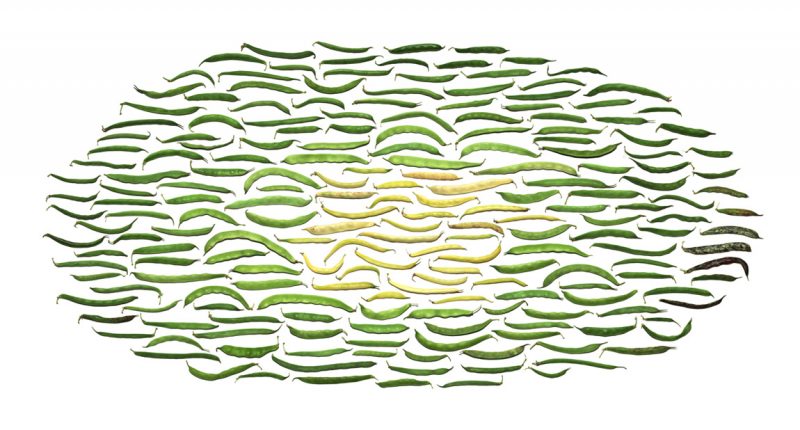The Center for Food Studies at The American University of Rome organised an uplifting event on the changing food consumption practices, policies, research and investments conducive to fostering the desirable transformations of the food system and dietary practices.
The organisers invited brilliant food policy experts as keynotes, Harriet Friedmann (University of Toronto), Tim Lang (University of London) and Colin Sage (University College Cork), to explore the dysfunctions of the contemporary food system.
Can changing consumption patterns transform the food system? – asked the #SustFoodSustDiets conference –> see the true answers here: https://t.co/lZSsYayj70 pic.twitter.com/sEUizuC6Ci
— Balint Balazs (@Balint_ESSRG) October 16, 2019
Ecological diets are absolute necessities to reduce the pressure on the use of land, water and ecosystems. The conference looked at the drivers of the changing consumption practices. Our session explicitly explored sustainable diets in different countries, for diverse populations and geographic contexts.
- Christian Fischer discussed links between human diets and health and climate outcomes in the world’s macro-regions during the last 50 years, concluding that we face more a land-use problem than a consumption problem.
- Lesli Hoey presented institutional and data limitations to operationalising sustainable diets based on her case studies in Nairobi and Hanoi. The heart of the problem is the lack of on the ground evidence, which is hindering a holistic view and the cross-organisational and cross-sector collaboration needed for integrated decision-making.
- Diego Rose explored sustainable food system in the United States, and the chances to address environmental impacts through food and nutrition policies. He records a failure of federal leadership on sustainability, which creates a policy vacuum that is filled at the state and the local levels.
- Marta Vasconcelos discussed the role of legumes in current diets. She proposed action points – ranging from the selection the best legume(s) for the right cultural context to identifying distribution channels and best marketing strategies, including new digital marketing options.
- Bálint Balázs presented the policy context for legume-based transformation and the need for consensus-building around new narratives that emphasise the real ecological (and climate) and health (and nutrition) benefits of legumes.
- Lubana Al-Sayed and Cinzia Piatti in their talk brought together Food Security, Food-related Well-Being and Sustainable Diets illustrated through a case study in Stuttgart, Germany, on the Syrian refugees.
- Victoria Padula De Quadros took us to the potentiality of the FAO/WHO GIFT platform by showing how individual food consumption data can estimate the environmental impact of diets and move towards less resource-intensive diets.
- Finally, Ahmed Raza presented the role of investments across food systems for better nutrition and healthy diets through the case of Palestine.
We concluded that it is not enough to talk about sustainable diets or change consumption practices; we need engaged research for the whole system and multiple level changes – innovation and action. The role of public institutions is crucial to orchestrate actors in various food chains and introduce more sustainable practices. There are also at least three taboos to find a way around. First, how can we get public institutions on board to eliminate obstacles that hinder the transition towards more sustainable production and consumption practices? Second, our relation to the capitalist agro-food paradigm is a watershed. Shall we consider non-market-based formats of food provisioning? Can we see food as a commons? Third, we need to approach the deanimlisation of our food system. Can we, for example, state ‘produce and eat less meat’?
More details about the conference here.
